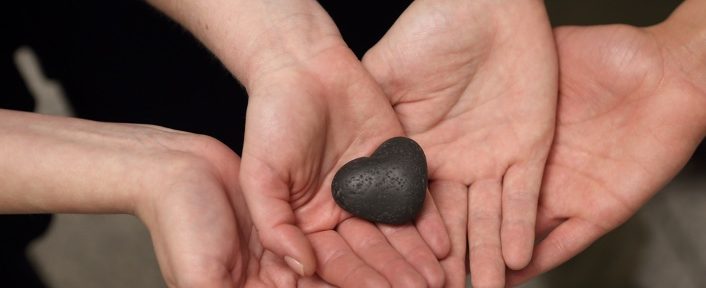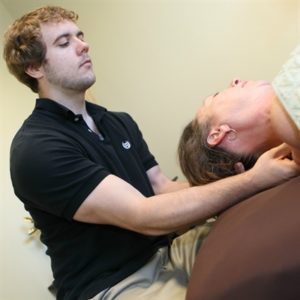I try to keep politics out of the spa (politics is about the least relaxing topic ever). However, our guests value massage therapy and right now massage therapists are caught in a precarious battle to maintain their professional credibility and guarantee clients safe, convenient access to massage as healthcare.
I’ve been on an amazing tour of European massage therapy clinics, spas, and wellness centers with licensed massage therapy colleagues from Iowa, Illinois, and Kansas this week. It has been fascinating to learn the long history of therapeutic and medical massage and how it is an integral and accepted part of European healthcare.
In stark contrast, I woke up two days ago to some distressing news. A city ordinance proposed in Clive, IA would impose additional regulations on legitimate massage therapy businesses in that city. This is a trend in Central Iowa in response to the alarming number of illigitimate businesses, however there are already laws in place regulating licensed massage therapists AND laws against human trafficking and prostitution.
In my visits to the wellness clinics in Switzerland, Austria, and Germany, I’m learning how public visitors can enjoy relaxing massage therapy for stress relief and overall wellness, and patients recovering from surgery, injury, workplace strain, and living with disabilities receive prescribed medical massage alongside physical therapy, exercises, hydrotherapy (soaks in pools and theramal water) and more. These facilities are very accessible and are frequented by senior citizens, families with children, and the population in general.
Meanwhile, back in Central Iowa my colleagues received letters from the police department informing them of proposed restrictions on their business hours (this could especially impact therapists serving shift workers and athletes who like early morning massages before work or in conjunction with gym schedules), additional background checks, fees and more. Seeing the acceptance of massage therapy in Europe compared with our regression in central Iowa was particularly painful.
I agree that human trafficking is a huge problem in the United States and there are an alarming number of illicit human trafficking operations in Central Iowa, but Licensed Massage Therapists are educated, trained healthcare providers that benefit the lives of many of their clients. The State of Iowa licenses massage therapists and has laws regulating the professional, ethical, competent practice of massage. The illicit businesses are easy to spot already, bars on the windows, inappropriate advertisements online, and not following licensing laws. One such business has a handwritten sign instructing cars to park behind the building (out of view of the street, presumably).
I’m hopeful that we can come to a compromise that doesn’t restrict ethical practitioners and the public will continue to receive massage therapy that is convenient, as an effective means of reducing stress and pain. I hope that the municipalities proposing (and passing) additional restrictions on legitimate massage therapy businesses don’t discourage therapists from opening in their areas, making it less convenient for residents to use their services to enhance their quality of life.
If nothing else, I’m thankful to start the conversation. The public needs to be aware of the benefits of massage therapy and learn to speak out against unethical human trafficking operations without damaging the licensed professionals who have the primary goal of making life easier, less stressful, and healthier for the citizens of their communities. I applaud municipalities for making the fight against human trafficking a priority, but please recognize that license massage therapists are heartbroken that these illegal and unethical businesses are masquerading as a profession we love. It adds insult to injury for these legitimate therapists to feel as though they are being punished and lumped in with the people perpetuating these crimes against the victims of human trafficking.




